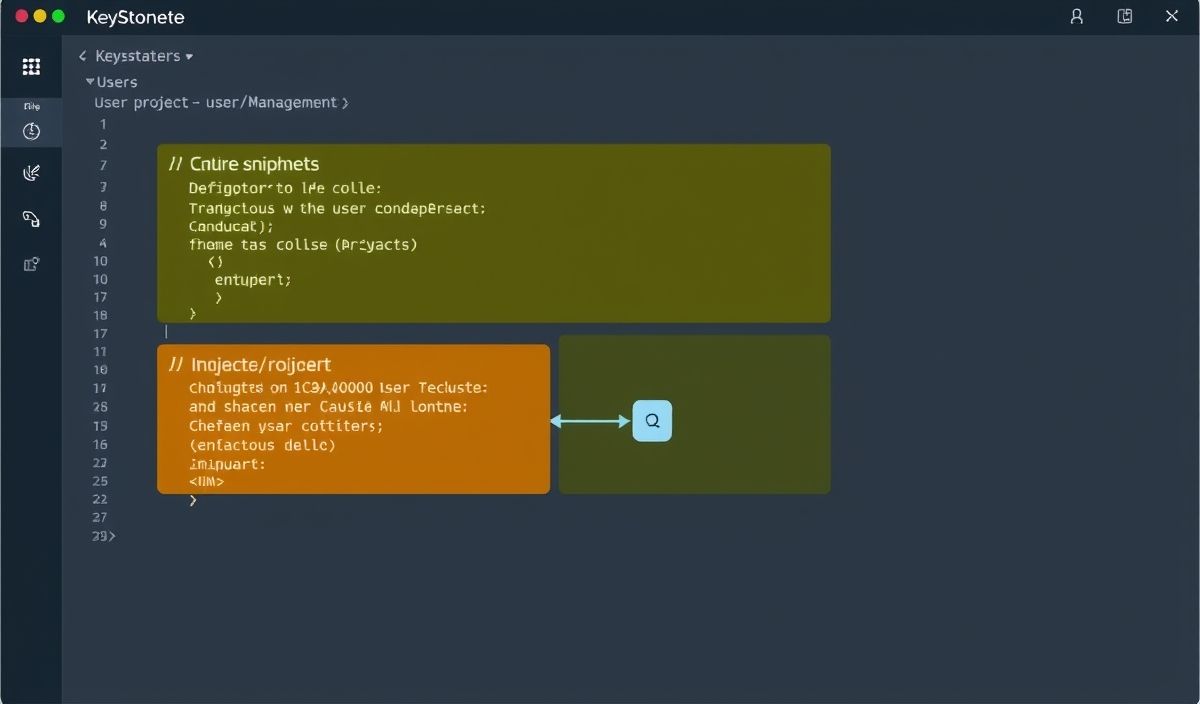Introduction to graphql-compose
GraphQL is a powerful tool for API development, and graphql-compose enhances its capabilities by offering a more fluid and flexible way to build complex schemas. Whether you’re developing a small app or a large-scale platform, graphql-compose equips you with the tools needed to streamline your GraphQL workflows.
Getting Started with graphql-compose
import { SchemaComposer } from 'graphql-compose'
const schemaComposer = new SchemaComposer()
Creating Types
With graphql-compose, you can easily create GraphQL types using a schema composer.
const UserType = schemaComposer.createObjectTC({
name: 'User',
fields: {
id: 'ID',
name: 'String',
age: 'Int',
},
})
Adding Resolvers
Resolvers define how to fetch the data associated with a type.
UserType.addResolver({
name: 'findById',
type: UserType,
args: { id: 'ID!' },
resolve: async ({ args }) => {
return await Users.findById(args.id)
},
})
Combining GraphQL with a REST API
It can also integrate seamlessly with existing REST APIs, enabling the creation of a unified data layer.
const PostType = schemaComposer.createObjectTC({
name: 'Post',
fields: {
id: 'ID',
title: 'String',
body: 'String',
},
})
UserType.addRelation('posts', {
resolver: () => PostType.getResolver('findMany'),
prepareArgs: {
_ids: (source) => source.postIds,
},
projection: { postIds: true },
})
Complete Example
Here’s a complete example of a small app using graphql-compose.
import { SchemaComposer } from 'graphql-compose'
const schemaComposer = new SchemaComposer()
const UserType = schemaComposer.createObjectTC({
name: 'User',
fields: {
id: 'ID',
name: 'String',
age: 'Int',
},
})
const PostType = schemaComposer.createObjectTC({
name: 'Post',
fields: {
id: 'ID',
title: 'String',
body: 'String',
},
})
UserType.addResolver({
name: 'findById',
type: UserType,
args: { id: 'ID!' },
resolve: async ({ args }) => {
return await Users.findById(args.id)
},
})
UserType.addRelation('posts', {
resolver: () => PostType.getResolver('findMany'),
prepareArgs: {
_ids: (source) => source.postIds,
},
projection: { postIds: true },
})
schemaComposer.Query.addFields({
userById: UserType.getResolver('findById'),
})
schemaComposer.Mutation.addFields({
createUser: UserType.getResolver('createOne'),
})
const graphqlSchema = schemaComposer.buildSchema()
By leveraging graphql-compose, you can significantly streamline the development process, creating more maintainable and scalable APIs.
Hash: 898d417e179972978235d29e357e4ec149d288d7b5241de158ac91663aad10fc




